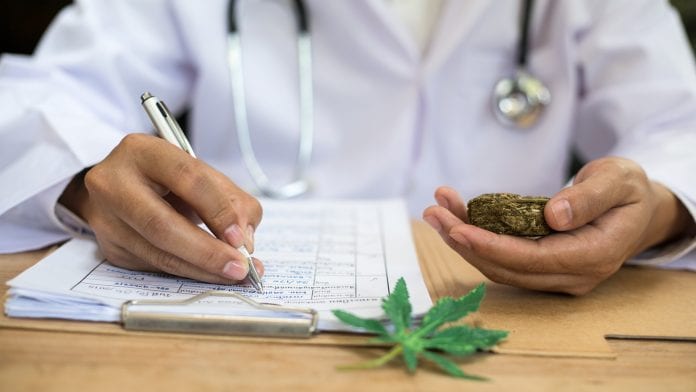
Health Europa explores the various approaches to medical cannabis, as more and more countries around the world move in favour of legalisation.
With medical cannabis gaining increasing popularity not only in the mainstream media but also in the pharmaceutical industry, more and more countries are embracing the drug and attempting to bring it to market.
Brief history
The use of cannabis for medicinal purposes has been deeply rooted throughout history, dating back to ancient times. Recommended by many renowned physicians in the past, the drug was used to treat multiple conditions, most notably headaches and migraines.
However, over the past few decades the plant has undergone much medical scrutiny, with researchers discovering the extract known as CBD (cannabidiol), which reportedly has many benefits – from relieving insomnia, anxiety, spasticity and pain, to treating potentially life-threatening conditions such as epilepsy.
Cannabis has been on a fascinating journey over recent years, from holding a legal and often agreed status to being illegal, arguably driven by political and social factors rather than by science.
Here, Health Europa examines the broad spectrum of medicinal cannabis, highlighting the health benefits and political position the drug holds in European countries such as Denmark and the United Kingdom and non-European countries such as Canada.
Which countries have legalised medical cannabis?
Denmark
The use of cannabis for medicinal purposes has been granted in countries such as Canada, Israel, the Netherlands and numerous states in America. Now Denmark is set to become a key player in the international market.
Up until now cannabis had been imported into Denmark; however, due to popular demand, the Danish Government has now passed a new law legalising the plant for medicinal use in a dedicated pilot programme. Danish cultivators have successfully received a licence from the government sanctioning the production of cannabis, starting from the growing and cultivation of the plant right through to the final product. The cultivators’ first harvest is expected to commence early 2019. At the same time, it is expected that legislation permitting the exportation of end products will also be passed.
With this four-year trial scheme, Danish patients can now receive medical cannabis prescribed directly from their physician.
Canada
Countries that have previously announced access to medical cannabis, such as Canada, emphasise the importance of responsibly handling the drug when being prescribed to patients and when using the drug. Health Canada announced in 2016 the Access to Cannabis for Medical Purposes Regulations (ACMPR), which essentially allows individuals to obtain reasonable access to cannabis for medicinal purposes who have been authorised to use the drug by their healthcare practitioner.
This means that those Canadians who have been authorised by their healthcare practitioner to access cannabis for medical purposes will continue to have the option of purchasing safe, quality-controlled cannabis from the licensed producers as approved by Health Canada. Moreover, individuals will also be able to produce a limited amount of their own medical cannabis for their own medicinal purposes or assign a designated producer to develop the plants for them.
The Canadian Government, through Health Canada, has developed a cohesively structured document outlining the regulations and importance of safely and securely producing, developing, obtaining and using medical cannabis.
The UK
The UK Government, however, has announced a review of the scheduling of cannabis. The review will consider licence applications for the use of cannabis-based medical products in exceptional cases where there is a clinical need that is unmet. The review will be led by an expert panel of clinicians to proficiently advise ministers on the influx of licence applications, ensuring the applications are clinically led and are firmly based upon medical evidence and therefore guaranteeing that patients and their families have the most appropriate course of medical treatment as efficiently as possible.
The review is set to be split into two parts:
- The first part covers the medicinal and therapeutic benefits of cannabis and cannabis-based products
- The second part provides an assessment based on the needs of public health and the level of harm that can be caused, and whether the drugs should be rescheduled under the Misuse of Drugs Regulations 2001.
However, the review will not cover the classification of cannabis as a class B drug or the corresponding penalties for unlawful offences involving the drug. As of yet, the penalties relating to applicable offences regarding cannabis under the Misuse of Drugs Act 1971 remain the same.
























